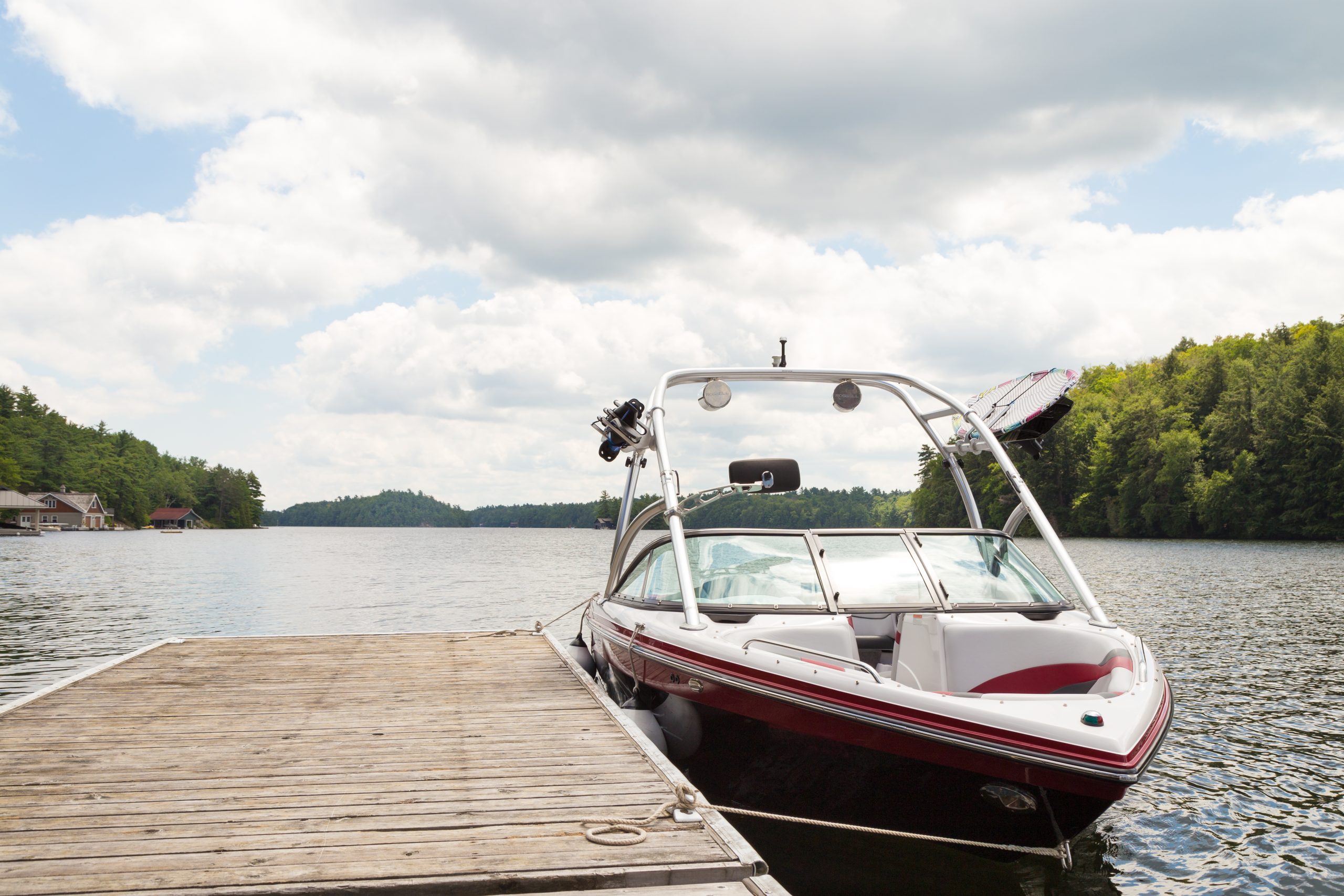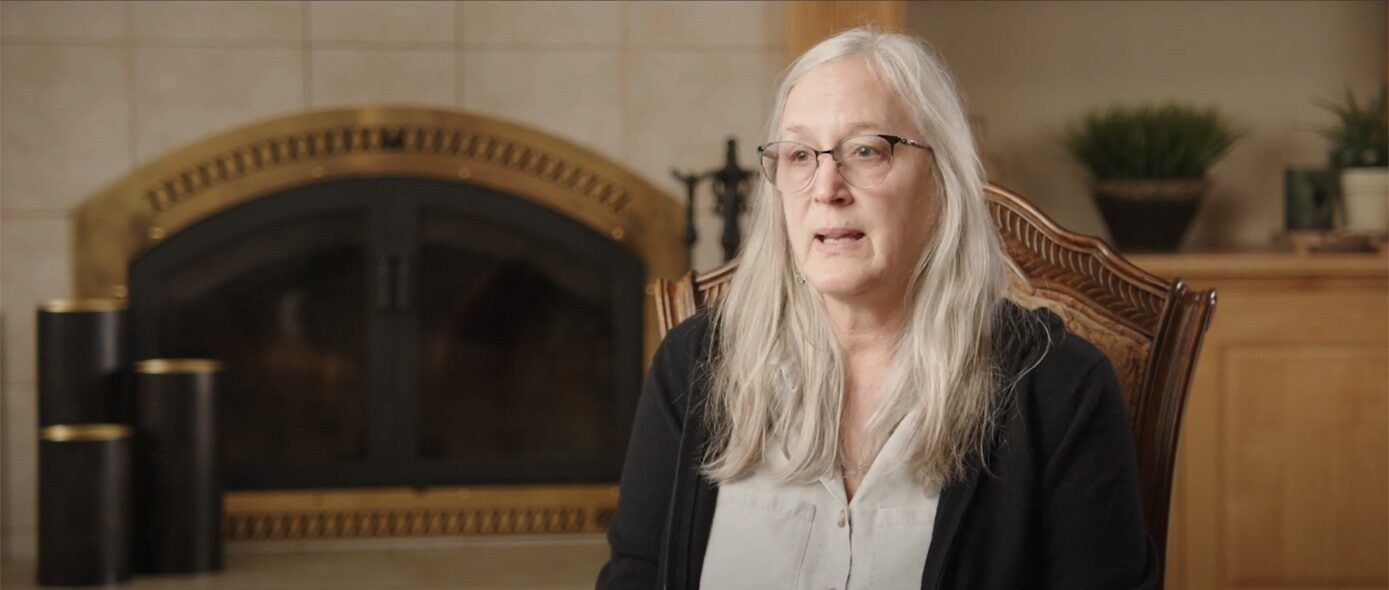As of April 1, 2021, operators of recreational vessels less than 26 feet long will be required to use an engine cut-off switch (ECOS) and associated ECOS link (ECOSL), according to the U.S. Coast Guard.
The ECOS and ECOSL devices prevent runaway vessels and the threats they pose. The ECOSL attaches the vessel operator to a switch that shuts off the engine if the operator is displaced from the helm. The ECOSL is a lanyard-style cord that attaches to an ECOS, either closely to the helm or on the outboard motor itself if the vessel is operated by a tiller. Wireless ECOS have been also approved for use.
The new law, passed by Congress, arose from Section 8316 of the Elijah E. Cummings Coast Guard Authorization Act of 2020. It requires the devices in recreational vessels be less than 26 in length with an engine capable of 115 lbs., which equates to about three horsepower or more. It also requires operators to use ECOS link while navigating on plane or above displacement speed. Using the ECOSL is not required when the main helm is installed within an enclosed cabin. For example, this includes docking, trailering, and operating in no-wake zones.
This regulation change requiring boat engine cut-off switches also derived from the Coast Guard receiving a handful of negative reports annually. Each year, thousands of recreational vessel operators fall off or are unexpectedly thrown out of their boat, resulting in devastating injuries and deaths.
BOATLAW, LLP have successfully represented injured recreational boater clients for over forty years. Our maritime attorneys have a unique understanding of the dangers faced by mariners and we are here to provide effective legal representation. Our law firm accepts cases all throughout the state of Washington, Oregon, California, Connecticut and Alaska. Please reach out to us by calling 1-800-262-8529 and set up a free consultation.












